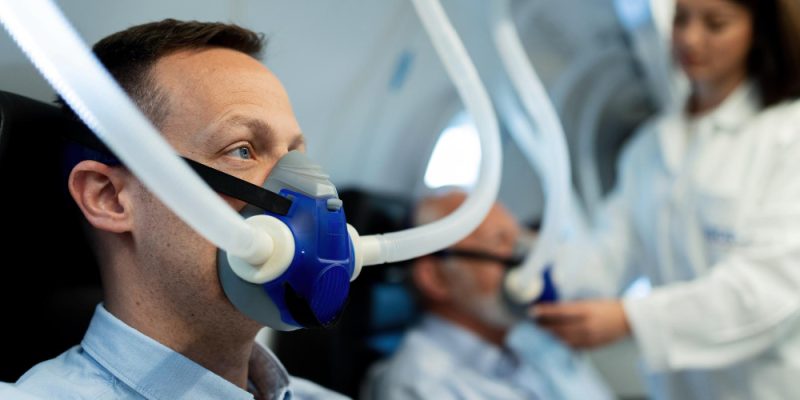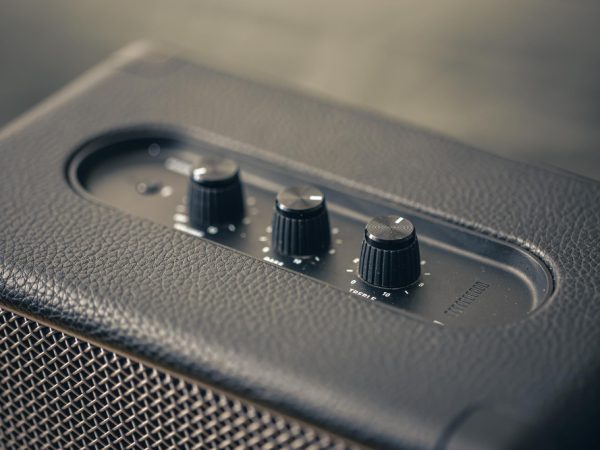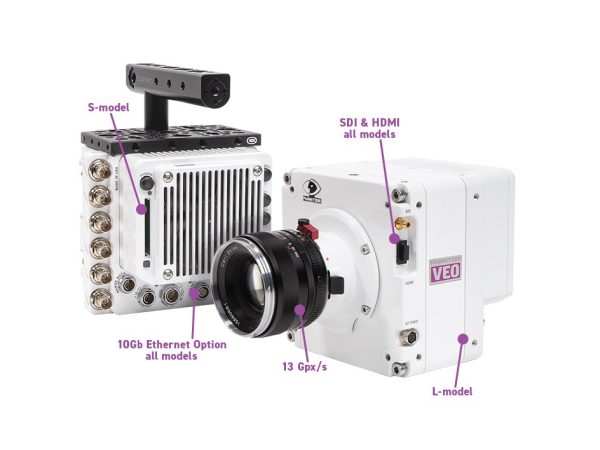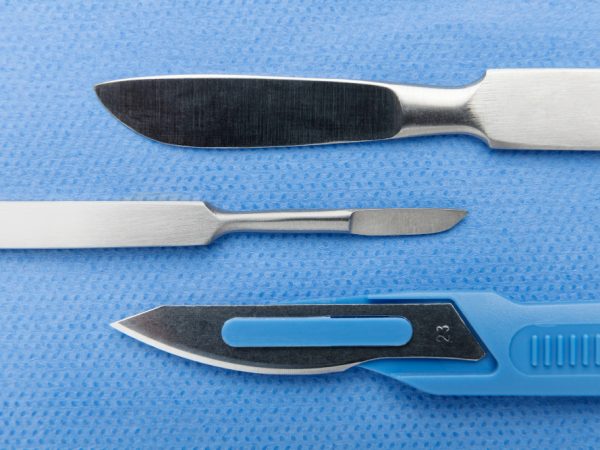Travel CPAP Machine: 10 Tips for Choosing the Right One

If you’re a frequent traveler and use a CPAP (Continuous Positive Airway Pressure) machine for sleep apnea, choosing the right travel CPAP machine is crucial for maintaining your health and ensuring a restful night’s sleep. Travel-CPAP machines are designed to be compact and portable, making it easier to take them on the go. Here are ten essential tips for selecting the perfect travel-CPAP machine to suit your needs.
1. Understand Your Needs
Before you start shopping for a travel CPAP machine, assess your specific needs. Consider factors such as the severity of your sleep apnea, the type of CPAP therapy you use (e.g., CPAP, APAP, or BiPAP), and any particular features you require. For instance, if you frequently travel internationally, you may need a machine that supports multiple voltage settings.
2. Look for Portability
Portability is a key feature of travel CPAP machines. Look for models that are compact and lightweight, ideally weighing less than 2 pounds. Consider the dimensions of the machine and whether it fits comfortably in your luggage. Many travel CPAP machines come with a carrying case, which adds to their convenience.
3. Check Battery Life and Power Options
Battery life is an important consideration if you’ll be using your CPAP machine in places where power sources are limited. Ensure that the travel CPAP machine you choose has a long-lasting battery or supports external battery packs. Some models offer options for AC, DC, or USB power sources, which can be beneficial for different travel scenarios.
4. Evaluate Noise Levels
Noise levels can impact the quality of your sleep and that of those around you. Look for a travel CPAP machine that operates quietly. Manufacturers often provide decibel ratings for their machines, so check these specifications to ensure the machine will be quiet enough for your comfort.
5. Consider Humidification Options
Humidification can be important for comfort, especially in dry environments. Some travel CPAP machines come with built-in humidifiers, while others require a separate accessory. If you prefer humidified air, check whether the machine has an integrated humidifier or if a compatible portable humidifier is available.
6. Ensure Compatibility with CPAP Masks
Your travel CPAP machine should be compatible with your current CPAP mask or any masks you plan to use. Most travel CPAP machines work with standard masks, but it’s worth verifying to avoid compatibility issues. Some models also offer a range of mask options, providing flexibility depending on your needs.
7. Look for User-Friendly Controls
Ease of use is essential for any CPAP machine. Opt for a model with simple, intuitive controls that make it easy to adjust settings and navigate menus. A machine with a clear display and straightforward interface can save you time and reduce frustration, especially when you’re on the go.
8. Check for Additional Features
Additional features can enhance your travel CPAP machine experience. Features such as automatic altitude adjustment, integrated GPS for finding sleep apnea clinics, or app connectivity for remote monitoring can be valuable. Assess these extra features based on your travel habits and preferences.
9. Read Reviews and Ratings
Before making a purchase, read reviews and ratings from other users. User feedback can provide insights into the machine’s performance, durability, and ease of use. Look for reviews from people who travel frequently to get an accurate picture of how the CPAP machine performs in various travel conditions.
10. Compare Prices and Warranties
Finally, compare prices across different models and retailers. While cost is a consideration, it’s also important to look at what’s included in the price, such as accessories and warranties. A good warranty can provide peace of mind, covering any potential issues with the machine.
Conclusion
Choosing the right travel CPAP machine involves evaluating your needs, considering portability, battery life, and power options, and ensuring compatibility with your mask. Additional features and user reviews can help you make an informed decision. By following these ten tips, you can find a travel CPAP machine that provides comfort and convenience, ensuring a good night’s sleep no matter where your travels take you.
FAQs
1. What is the difference between a regular CPAP machine and a travel CPAP machine?
A travel CPAP machine is designed to be compact and lightweight, making it easier to carry and use while traveling. Regular CPAP machines are typically larger and may not be as portable. Travel CPAP machines often include features like multi-voltage power adapters and extended battery life.
2. How do I choose the right size travel CPAP machine?
Consider the dimensions and weight of the machine. It should be small enough to fit comfortably in your luggage without taking up too much space. Check the machine’s specifications and compare them to the size of your travel bag or suitcase.
3. Can I use a travel CPAP machine with a different mask than my regular CPAP machine?
Most travel CPAP machines are compatible with standard CPAP masks, but it’s essential to verify compatibility before purchasing. Some machines may come with their own mask options or adapters to ensure a proper fit.
4. How long does the battery of a travel CPAP machine last?
Battery life varies depending on the model and usage. Check the manufacturer’s specifications for battery duration and consider carrying a backup battery if you’ll be traveling to places with limited power sources.
5. Are travel CPAP machines covered by insurance?
Coverage for travel CPAP machines depends on your insurance plan. Some plans may cover the cost of a travel CPAP machine if it is deemed medically necessary. Check with your insurance provider to understand the coverage options available to you.
Also read : Travel Straightener 101: What to Pack for Sleek Hair Abroad











